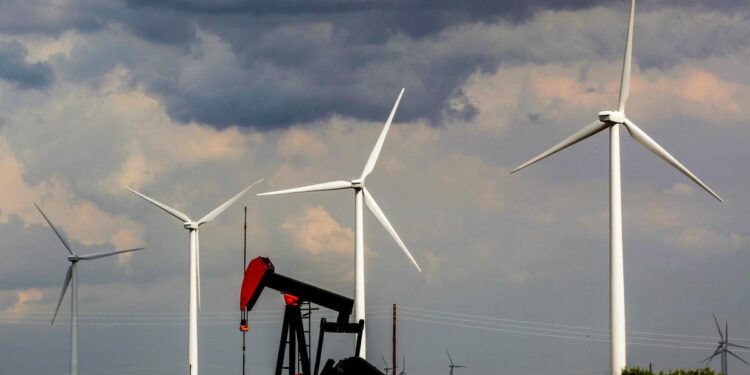About a decade ago, a friend asked how high I thought gasoline prices might rise. I said “One day you will pay $10 a gallon for gasoline.” He replied that he would refuse to pay that much, and I asked what he would do if the price rose to $10 a gallon tomorrow. He finally conceded that he would, in fact, pay $10 a gallon for gasoline.
Then oil prices plummeted in 2014, and again in 2020. I am sure my prediction looked pretty stupid to him when gasoline fell under $2.00 a gallon.
Why did I make such a prediction? Because I had already seen gasoline prices approach that level when I was living in the Netherlands in 2008, and the roads were still packed with cars. Energy demand just isn’t that elastic in the short term, so people pay what they have to pay to get to work.
Here is how I saw things playing out. I imagined that energy demand would continue to grow, but supply would have a hard time keeping up. At times, there would be supply/demand imbalances that would spike prices higher and higher.
However, over the past decade supply has managed to keep pace most of the time. At times, the market was oversupplied and prices crashed. There have also been periods of spiking prices, but then demand growth would slow down and supplies would catch up.
At the same time, alternatives like electric vehicles, and to some extent biofuels have helped mitigate oil demand growth. But it wasn’t enough. Oil demand kept growing (until the Covid-19 pandemic hit), albeit a bit slower than if there had been no alternatives.
The risk I always saw was that if policy makers believed alternatives would scale fast enough to replace oil demand growth — and they passed policies unfriendly to our domestic oil companies — they could be setting up a very nasty price shock in the future.
This is why I was so adamant that cancelling the Keystone XL Pipeline was the wrong decision. It’s not because I love fossil fuels, it’s because I recognize the risk of needing supplies and not having them. We have seen that it doesn’t take much of a shortfall in oil supply to have a disproportionate impact on the price.
Hence, what we are seeing right now is one of the possible consequences of the energy transition. When alternatives don’t scale up fast enough to fill the gap between oil supply and demand, oil prices skyrocket.
I know that many people who have opposed any additional fossil fuel development saw a different scenario unfolding. They believed that alternatives would scale up fast enough, and that we wouldn’t need the oil.
Here’s the thing, though. If we invest in fossil fuel development — and we don’t need the oil and gas because alternatives do scale up rapidly — that’s a loss the fossil fuel companies would take. That is the risk they are taking, for the potential reward that demand will be there in the future.
What’s the downside of continuing to support our domestic oil industry? That it will simply continue our addiction to fossil fuels?
That’s where we have to also make sure we are doing as much as possible to encourage alternatives. Today’s fossil fuel investments would be ready to supply the market if needed, but alternatives will be trying hard to make sure they aren’t needed.
That’s the win-win energy policy we need.











